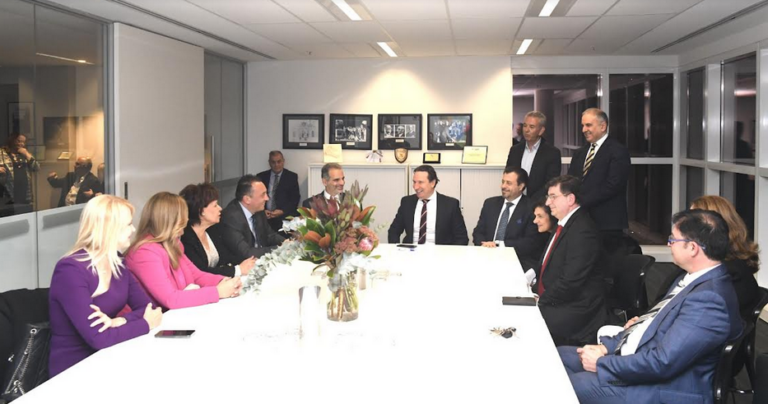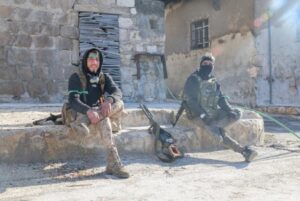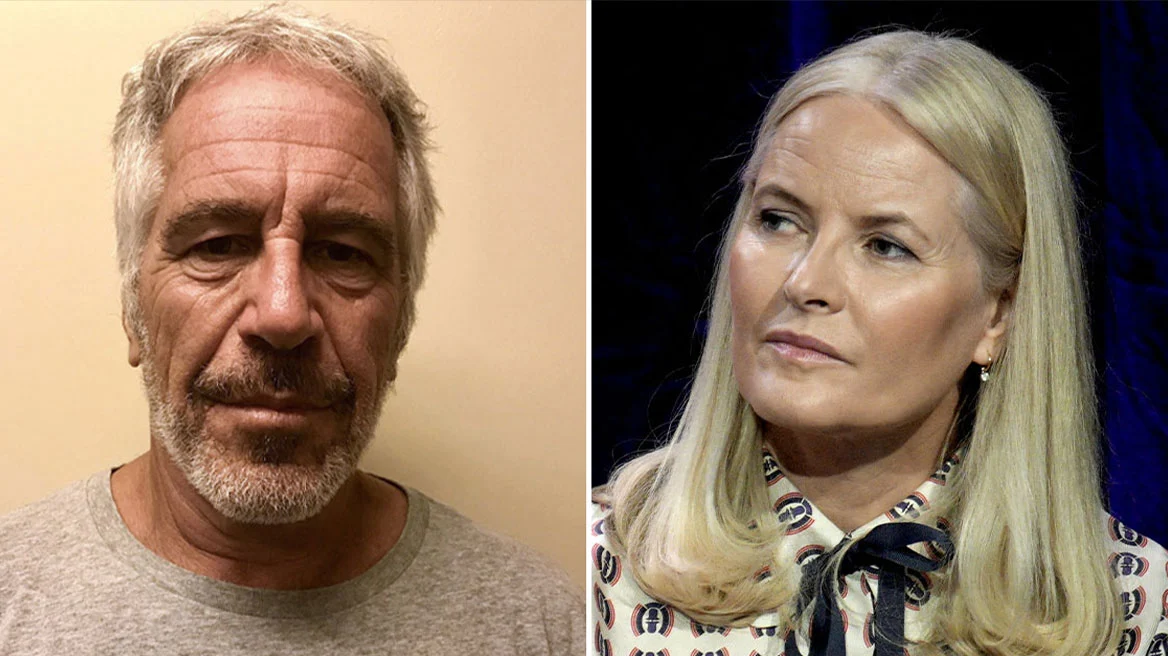The Greek Community of Melbourne (GCM) hosted a reception on Friday,12 April, for Greek Parliamentarians at “Fable Melbourne”, at the Greek Center.
The delegation of the Hellenic Parliament’s Inter-Parliamentary Committee on Expatriates included Constantinos Vlassis MP, Former Deputy Minister of Foreign Affairs, Theodora Tzakri, MP, A’ Vice-President of the Special Permanent Committee on Greeks Abroad; Evangelia Liakouli MP, B’ Vice-President of the Special Permanent Committee on Greeks Abroad, Asimina Skondra, MP, Μember of the Special Permanent Committee on Greeks Abroad and Konstantinos Kakouros, Directorate for International Affairs, Hellenic Parliament.
The event, in conjunction with this weekend’s Greek National Day march, saw a gathering of members of the Greek community, community leaders, members of parliament, distinguished guests and representatives from the Greek media, fostering an atmosphere conducive to cultural and diplomatic exchange. Among the esteemed guests were Mr Stavros Venizelos, Ambassador of Greece to Australia and the Greek Consul General for Victoria, Mr Emmanuel Kakavelakis.
The gathering served as a celebration of the shared values, traditions, and aspirations that unify Hellenes, both locally and globally, while also strengthening the ties between Greece and Australia.
The night commenced with welcoming remarks by The President of GCM, Bill Papastergiadis OAM, highlighting the importance of this gathering, “This event not only celebrates the contributions of the Greek-Australian community but also reaffirms the enduring bond between Greece and its global diaspora, embodying the spirit of solidarity, collaboration, and mutual respect. The visit of the esteemed Greek Parliamentarians serves as a testament to the strong connections between Greece and the Greek diaspora here in Melbourne, which boasts a vibrant Greek population.”
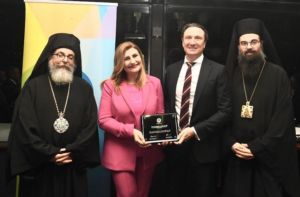
Mr. Papastergiadis also underscored the significance of the shared historical journey between Greece and Australia since World War 1. He noted, “During World War 1, 416,000 Australians bravely fought, among whom were at least 80 Greeks. Their initial military engagement occurred during the Gallipoli Campaign, with troops arriving in Lemnos. During the Second World War, 2,500 Greek Australians served valiantly in the Australian Defence Force. Greece and Australia stood side by side, fighting for freedom and justice”.
All speakers lauded the invaluable contribution of diaspora and the influence of Hellenism in Australia.
The Hon Andrew Giles, Minister for Immigration, Citizenship, Migrant Services & Multicultural Affairs, started his speech by repeating the Greek version of his last name as given to him by Mr Papastergiadis, stating “‘Gilopoulos’ sounds quite fitting,” in jests. He continued by highlighting the importance of this occasion, “Celebrating Greek culture entails recognizing our past achievements and eagerly anticipating our future endeavours. The Greek Community of Melbourne exemplifies this by honouring tradition while looking forward”. Minister Giles added, “As a custodian of immigration in the Australian Government, it’s both an honour and a responsibility to foster a diverse, vibrant multicultural society. The Greek Australian journey mirrors the modern Australian experience, serving as an exemplary model not only for other communities, but for the world.”
His Grace Bishop Kyriakos of Sozopolis, representing His Eminence Archbishop Makarios, emphasized the enduring spirit of Hellenism and its global impact, “Our ancestors’ struggles and sacrifices paved the path to our national independence, fostering the progress and prosperity we cherish today. Their pivotal role echoes through the multifaceted progress and achievements we celebrate with pride”, he remarked.
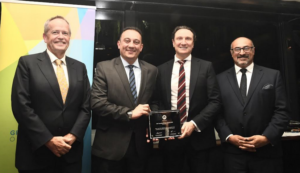
“The Greek National Day march aligns with the celebratory events of the 100 Years of the Archdiocese of Australia, marking a century of profound impact, dedication, and testimony in Australia,” he concluded, highlighting the significance of the milestone.
Mr Constantinos Vlassis MP, Former Deputy Minister of Foreign Affairs expressed his gratitude for the warm reception stating, “It gives me great pleasure and pride to be among you today in Melbourne. March 25th holds immense significance in our nation’s history, encapsulating the Greek struggle for freedom and our unwavering commitment to preserving our language, traditions, and national identity. The bonds between Greece and Australia are strengthened by our shared ideals of freedom, justice, and human dignity, as demonstrated by our mutual support in critical moments of history.”
Additionally, he emphasized the diaspora’s importance on postal voting saying, “Our arrival coincides with the establishment of postal voting, a historic political reform facilitating non-Greek residents’ participation in EU elections. I urge you to participate in the upcoming election process. We want your strong presence.”
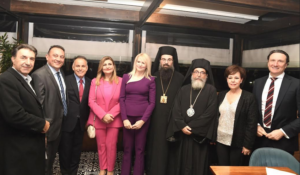
Ms Theodora Tzakri MP, A’ Vice-President, Special Permanent Committee on Greeks Abroad, echoed Mr Vlassis’ sentiments regarding the importance of postal voting and the significance of Greek heritage. She stated, “Today, we gather to commemorate the anniversary of the Greek War of Independence, a pivotal event that shaped our Greek identity worldwide. It is an honour, a duty, and above all, a privilege to uphold the spirit of Greece globally as individuals of Greek origin.”
Ms Eyaggelia Liakouli MP, B’ Vice-President, Special Permanent Committee on Greeks Abroad praised the inspiration and passion of the Greek Diaspora, quoting Giorgos Seferis’ 1963 speech when he was awarded with Nobel Prize in Literature, “I belong to a small country. A rocky promontory in the Mediterranean, it has nothing to distinguish it but the efforts of its people, the sea, and the light of the sun. It is a small country, but its tradition is immense and has been handed down through the centuries without interruption. The Greek language has never ceased to be spoken.”
Ms Asimina Skondra MP Member, Special Permanent Committee on Greeks Abroad, urged community participation in postal voting and emphasized the importance of exercising the right to vote without restrictions. She also expressed gratitude to the Diaspora for nurturing a new generation of Philhellenes, stating, “Philhellenes have made significant contributions to Greece. Being here today, I never imagined I would feel as though I had never left Greece. Greece stands beside you, and we are committed to bridging the gap with the diaspora.”
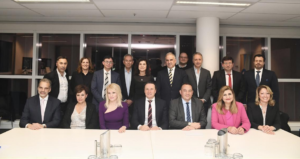
In his address, The Hon Bill Shorten MP, Minister for the National Disability Insurance Scheme, reflected on the enduring relationship between Greece and Australia, stating, “The ties between the two nations are resilient and continuously evolving. The diaspora serves as a vital bridge connecting us to our homeland.”
He emphasized the integral role of Greeks in Melbourne and Australia, noting that the significance of the evening extends beyond the celebration of the visit or Greek Independence Day, to include the acknowledgment of historical events such as those in Cyprus 50 years ago, as well as his vision of Greek migration and its profound impact on Australia. He also paid tribute to the invaluable contribution of Greek women migrants and emphasized the importance of diaspora in preserving cultural and family values.
Mr. Peter Khalil MP, Chair of the Joint Committee on Intelligence & Security, emphasized the profound contribution of Hellenism and the unique Greek identity to Australia’s development and the multicultural fabric of Melbourne. He highlighted the invaluable contributions of Greek Australians across various fields, stating, “This city, this country would not be what it is today without the contributions of Greek Australians. They have helped build this country in academia, culture, arts, business, and beyond, shaping modern Australia.”
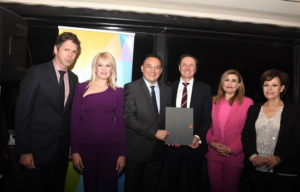
He stressed the importance of the partnership between Australia and Greece, not only in cultural aspects, but also in areas such as military and security, citing shared values of democracy and freedom. He underscored the significance of Greece as a partner in law and security matters, advocating for deeper collaboration in areas like cybersecurity.
Mr. Nick Staikos MP, Parliamentary Secretary to the Premier of Victoria and representing the Premier, highlighted the significance of commemorating Greek National Day and the freedom of the Greek people. He emphasized the celebration of the Greek diaspora, noting that as a proud Greek Australian, he understands that a substantial part of Greece resides outside its borders. Mr. Staikos praised the vibrant Greek diaspora in Melbourne, describing it as the most vocal and proud. He commended the Greek community for setting a commendable example for all migrant communities to follow.
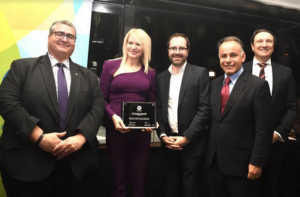
Mr John Pesutto MP, Leader of Victoria Opposition stated “Echoing previous sentiments, it is fitting that we gather in this iconic building on this historic street in our global city. The powerful story of Greek migration has not only shaped our city but our culture as well. It took courage to leave loved ones and familiar surroundings for a foreign land. This story is one of nation-building. Our bonds go beyond history; they are rooted in a sacred trust and a commitment to freedom. We must work diligently every day to show that democracy, diversity, opportunity, and aspiration are achievable through our collective efforts.”
Deputy Lord Mayor Cr Nicholas Reece of the City of Melbourne concluded the speeches by emphasizing Melbourne’s strong ties to Greece. He greeted attendees with “Kalispera” and highlighted Melbourne as one of the great Greek cities of the world. He proudly stated, “Here in Melbourne, we are the third biggest Greek-speaking city in the world, outside of Greece.” Cr Reece emphasized the deep links between Melbourne and Greece, expressing pride in the city’s vibrant Greek community.
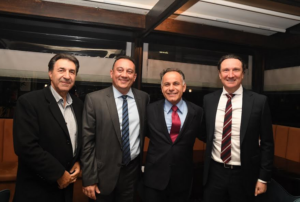
A community plaque was presented to each Parliamentarian, as a recognition and appreciation for their visit and noteworthy contributions to the Greek diaspora in Australia.
Attendees had the opportunity to partake in dialogues covering a wide range of topics of mutual interest, including heritage preservation, community development, and bilateral cooperation, reflecting the shared concerns and aspirations of both communities.
Ask me anything
Explore related questions
